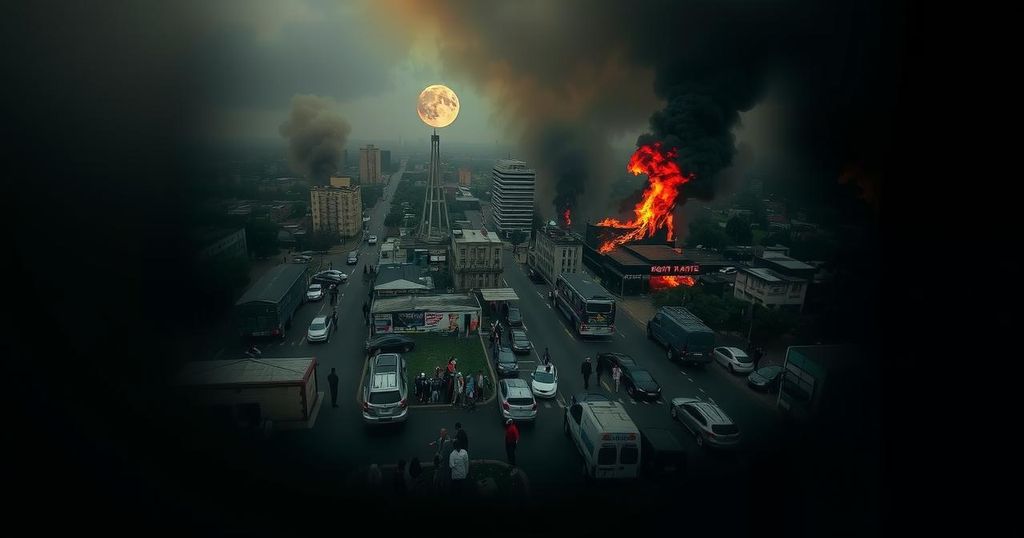The Democratic Republic of Congo faces a potential constitutional crisis as President Felix Tshisekedi seeks to amend term limits, raising public concern and skepticism. Despite being rich in resources, the DRC struggles with deep poverty, insecurity, and pressing humanitarian issues. The efforts for reform are seen as a distraction from necessary governance improvements and may exacerbate existing citizen distrust.
The Democratic Republic of Congo (DRC) is facing a concerning political climate as President Felix Tshisekedi seeks to amend the constitution, which many citizens perceive as a ploy to extend his presidency. The DRC, despite being rich in natural resources, is one of the world’s poorest nations, burdened with deep poverty, insecurity, and a humanitarian crisis affecting millions. Since taking office in 2018 under dubious circumstances, President Tshisekedi has made little headway on critical issues, raising suspicions regarding his motives for constitutional reform. The current constitution, enacted in 2005 through public referendum, is now described by Tshisekedi as “outdated,” as he plans to establish a national commission to draft a new one. This initiative coincides with his controversial re-election in 2023 and is widely interpreted as an attempt to modify presidential term limits or reset their duration before his term’s conclusion. This situation mirrors the actions of former President Joseph Kabila, who attempted to prolong his rule through similar constitutional maneuvers, ultimately leading to political discontent and Tshisekedi’s rise to power. The citizens of the DRC, severely impacted by governmental actions and historical instability, voice their distrust amid proposed changes. Given the backdrop of external powers vying for access to the country’s vast mineral resources, Tshisekedi’s government faces little international accountability. There is an apparent disregard for the societal unrest that could be exacerbated by self-serving political agendas, highlighting the responsibility of foreign actors in contributing to the nation’s ongoing instability.
The Democratic Republic of Congo is emblematic of a nation rich in resources yet plagued by poverty and governmental disarray. With over twenty-three million citizens facing food insecurity and ongoing instability stemming from numerous armed groups in the eastern regions, the DRC’s political landscape remains fraught. The presidency of Felix Tshisekedi has been marked by irregularities, and recent electoral events have only intensified scrutiny on his administration. Constitutional change efforts, particularly regarding term limits, have historically echoed similar attempts by past leaders seeking prolonged power amid established public skepticism.
In summary, the proposed constitutional changes by President Felix Tshisekedi raise serious concerns regarding the authenticity of his commitment to democratic governance in the Democratic Republic of Congo. The population’s deep-seated distrust, compounded by Tshisekedi’s predecessors’ controversial legacies, positions current reform efforts as a potential distraction from pressing national challenges. It remains imperative for both the government and international stakeholders to prioritize the welfare of the Congolese people amidst these tumultuous political developments.
Original Source: www.africa.com






